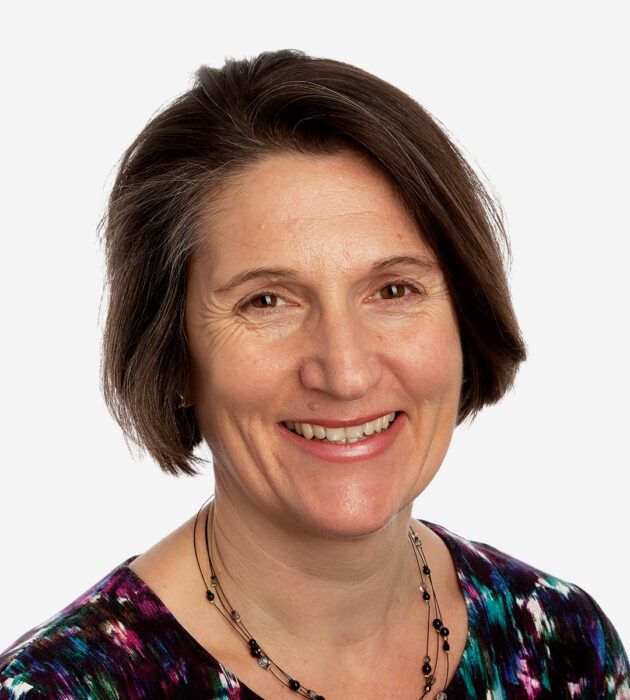
Building partnerships for healthcare improvement
Joann Leeding
I recently read a poster on a way to a meeting that really resonated with me – ‘Think competition is hard, try collaboration.’
I work at The Healthcare Improvement Studies (THIS) Institute based at the University of Cambridge. We’re a relatively new research institute, launched in 2018.
Our guiding principles put collaboration at the heart of what we do. And yes it is hard.
It’s safe to say that everyone wants to receive high-quality healthcare. Healthcare improvement research is all about understanding what works and what doesn’t. Our research focusses on the systems and processes of delivering care rather than looking at diagnostics and treatments. We aim to be rigorous in our approach and we want to build a robust evidence base for healthcare improvement.
National Voices have been with us since the beginning, taking part in workshops to co-design the values and vision for our research. They are one of twenty three partners that we work with, which include academic institutions, NHS organisations, and NHS staff and patient advocacy groups including Point of Care Foundation and the Department of Health in Northern Ireland to name just two.
Our partners are integral to our work; they provide advice, collaborate with us to deliver our research, help us to reach beyond our network, and crucially ensure that we are in touch with what is really going on within the healthcare system. Being truly collaborative requires you not just to listen to others, but to be open to accepting feedback. One of the recommendations from our co-design workshops was to create an advisory board for engagement and involvement in research. Jeremy Taylor, former CEO of National Voices, played a key role in shaping that.
Of course meaningful collaboration starts early, and for each research project we’re forming expert collaborative groups. These groups bring together patients and advocacy organisations, clinicians and researchers. Their role is to challenge us and guide the research. They go beyond our partner network and we’ve been fortunate already to work with Maternity Voices on our research into electronic fetal heartrate monitoring.
So back to that poster. Whilst collaboration is hard it is also really rewarding. Working in this way takes us out of our academic bubble. Through workshops and events we bring together researchers, NHS staff, patients and carers to prioritise, conduct and deliver our research. We also want to involve more people in the research process and have invested in innovative methods such as citizen science to deliver large-scale research projects. All of this takes time, building relationships and establishing trust to create really great collaborations. We think something as important as healthcare deserves that investment and through our partnerships with National Voices and others we hope our research will have a big impact on improving healthcare in the UK for everyone.